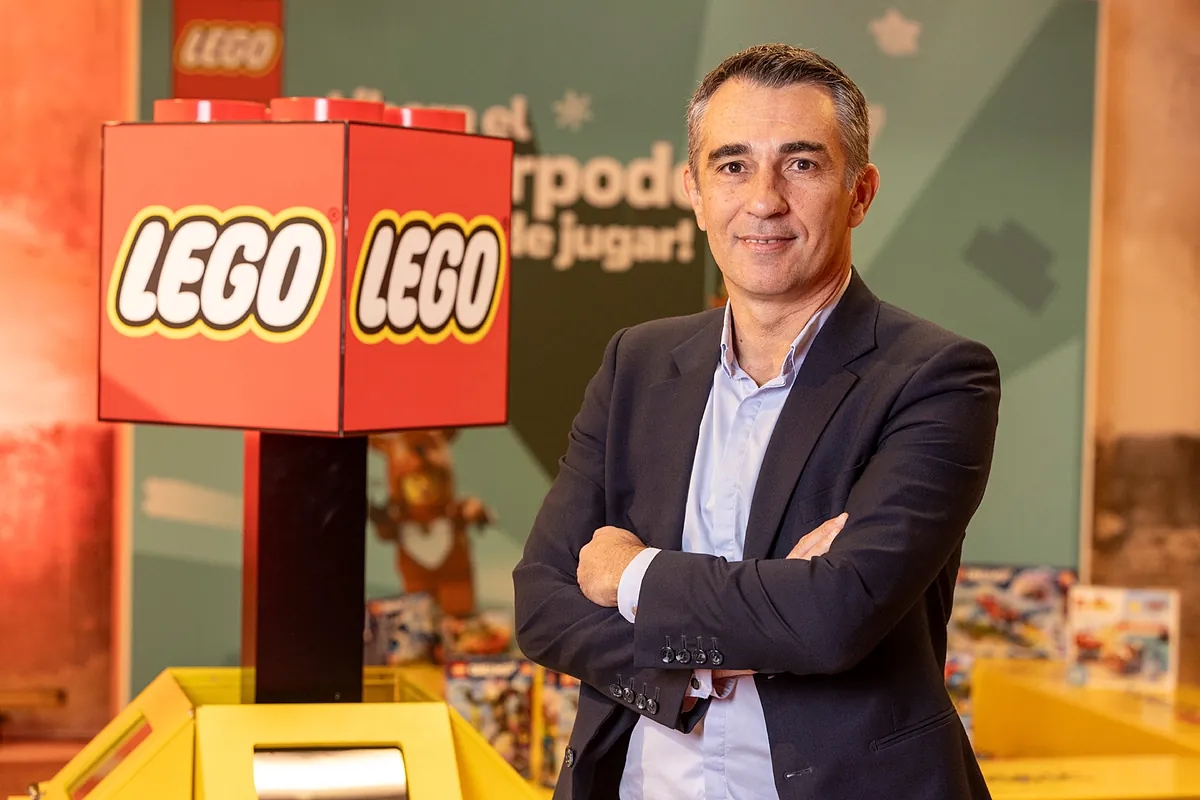Bithi traveled to Abu Dhabi and ended up being sold into a brothel: cuts in aid now threaten victims of trafficking
In a dimly lit room of a two-story building in a residential neighborhood on the outskirts of Dhaka, the capital of Bangladesh , Bithi helps her daughter with her homework. “I want her to go to school and do her best. I don’t want her to go through what I went through,” says the 26-year-old, whose last name is being withheld for security reasons. Bithi was trafficked between December 2023 and April 2024. Her captors exploited her in two brothels in Abu Dhabi. She was freed thanks to the intervention of the Bangladeshi NGO Anirban and is now seeking justice.
In Bangladesh, according to the International Organization for Migration (IOM), of the nearly one million Bangladeshis who migrate abroad each year, often due to the country's economic hardship, some fall into the hands of traffickers and become victims of forced labor and marriage, sexual exploitation, and other forms of modern slavery. The dismantling of USAID, the US aid agency, now jeopardizes support programs for survivors of trafficking, which US aid has implemented over the past two decades.
Overwhelmed by the debts she and her husband had accumulated, Bithi decided to travel to Abu Dhabi after meeting a woman who convinced her that she could earn a better living there, working as a waitress in a restaurant. “She told me I could earn 50,000 BDT or Bangladeshi taka (about 350 euros) a month. I had mixed feelings, but I also knew I had a young daughter and that it was the only way to pay off the debts,” she explains.
The woman, after speaking with her husband, Amid, who worked as a driver, decided to pay approximately 120,000 BDT (about 840 euros) to the woman who suggested this option and who handled all the travel arrangements. Bithi packed her bags in December 2023 and, as soon as she landed, realized she had been sold to two Bangladeshi men who ran a brothel in the Emirates.
“They confiscated my passport. Three other women suffered the same fate, and we ended up in a house with 40 to 50 other women,” Bithi recalls. Covered in jewelry and wearing a traditional Bangladeshi red sari, Bithi was forced to dance in a bar and entertain men in exchange for money. “I cried every day. For the first two months, I often refused to go to the bar, but that meant I wouldn’t get paid. So, in the end, I would decide to go back and dance. But once, I had a nervous breakdown and burst into tears,” she recounts.
Kidnapped and extortedI cried every day. For the first two months, I often refused to go to the bar, but that meant I wouldn't get paid. So in the end, I decided to go back and dance.
Bithi, a survivor of human trafficking
Meanwhile, in Bangladesh, Bithi's husband was aware of his wife's situation. "Sometimes she would call me from the bathroom or secretly from the brothel owners, crying and telling me the things they asked her to do," says Amid, who adds that he sought help from local NGOs and contacted the Bangladeshi immigration police.
But the couple lost contact when Bithi was sold to another brothel in Abu Dhabi. “The room I was in for over six months was constantly monitored by cameras. We weren’t allowed to speak to our families or even to each other,” Bithi says. “I was never paid in cash. The clients handed all the money over to the brothel owner or the middlemen,” she continues.
Her husband was extorted by one of the brothel owners. He was told that if he paid approximately 5,000 BDT (35 euros), his wife would be released, and he went into even more debt to raise the money. But despite paying, the traffickers did not release Bithi. “I was devastated. I traveled to Abu Dhabi to help my family financially, and I only succeeded in increasing our debt,” Bithi says.
Finally, her husband contacted Anirban, who filed a petition with the ministry responsible for expatriates. The ministry, in turn, requested that the Bangladeshi embassy in the UAE take steps for her rescue and repatriation. With the help of the local police, Bithi was freed. Although she was able to return to her family in Dhaka in April 2024, Bangladeshi authorities have still not taken effective action against her traffickers, warns Anirban, which has rescued more than 30,000 survivors since 2011.
“Identifying the traffickers has been especially difficult from the beginning. Even after returning to Bangladesh, when Bithi sought legal help, the search has been complicated due to the shortcomings of the legal system and the economic limitations faced by the victim herself,” says Almin Noyon, head of Anirban.
In this already complicated context, the end of USAID, the US cooperation agency, has reduced services for victims of trafficking and has also hindered traffickers from being held accountable.
Between 2001 and 2020, USAID launched the Trafficking in Persons Program (CTIP) and invested $341 million to support initiatives in all regions of the world . Asia received nearly 50% of those resources. But a recent investigation published by The Guardian concluded that the “withdrawal of funds could overshadow decades of progress in the fight against sexual slavery, forced labor, and child sexual exploitation.”
Funds abruptly interruptedWe are trying to find some way to deal with the situation; management staff are forgoing a portion of their salaries.
Marina Sultana, RMMRU Program Director
Anirban does not receive direct funding from USAID, but it does benefit from technical support from Winrock International, another NGO that does receive US funding. “Because of USAID cuts, local organizations working to prevent human trafficking have suffered severe financial restrictions. This has impacted survivor support services and awareness-raising activities to combat human trafficking,” says Noyon of Anirban.
This is also the case for the Refugee and Migration Movement Research Unit (RMMRU), which focuses on combating human trafficking. Marina Sultana, its program director, explains that “the RMMRU had secured USAID funding in 2024 for a three-year project.” “But the funding was unexpectedly cut off after seven or eight months. We had 15 staff members working on the project, and this abrupt interruption created a great deal of uncertainty within the team,” she notes.
And although the RMMRU currently receives financial support from Britain, Switzerland, and Italy, these funds are limited, according to Sultana. “We are trying to find some way to cope with the situation; management staff are forgoing part of their salaries. It’s really difficult to manage,” she explains. Despite the funding shortfall, Noyon, from Anirban, says it is still possible to find effective solutions to combat human trafficking. “The most urgent thing is to strengthen survivor-centered initiatives, ensuring they have access to legal assistance, psychosocial support, and safe reintegration,” she says. “The [Bangladeshi] government should prioritize anti-trafficking policies and create special working groups to ensure coordination between law enforcement, the judiciary, and civil society.”
Meanwhile, in a dark room on the outskirts of Dhaka, Bithi continues to wait. “I’ve received support from several NGOs and from Anirban to help me with my rehabilitation. But now what I want is to see my traffickers in jail. What all survivors of human trafficking need is justice,” she concludes.
EL PAÍS



